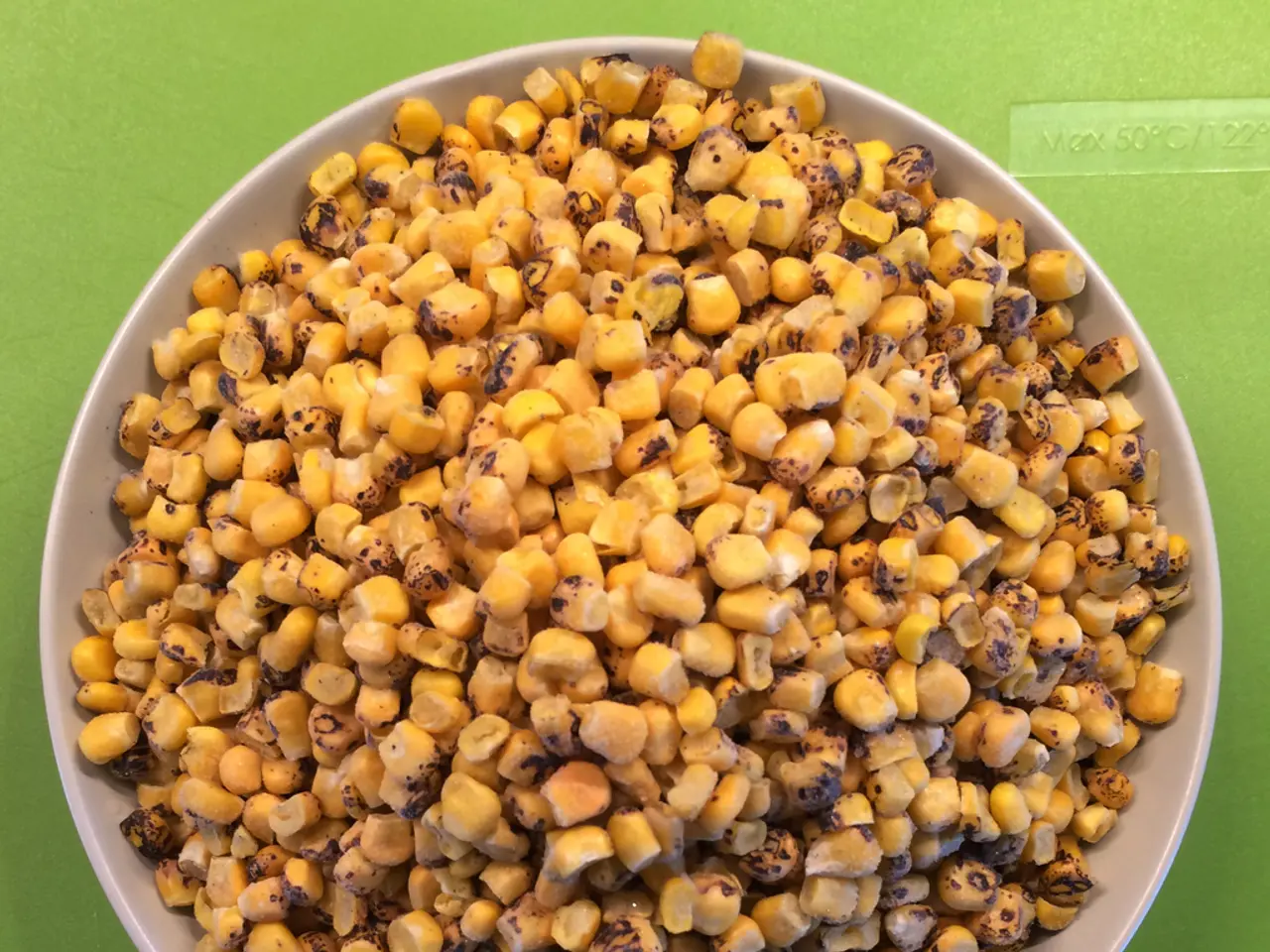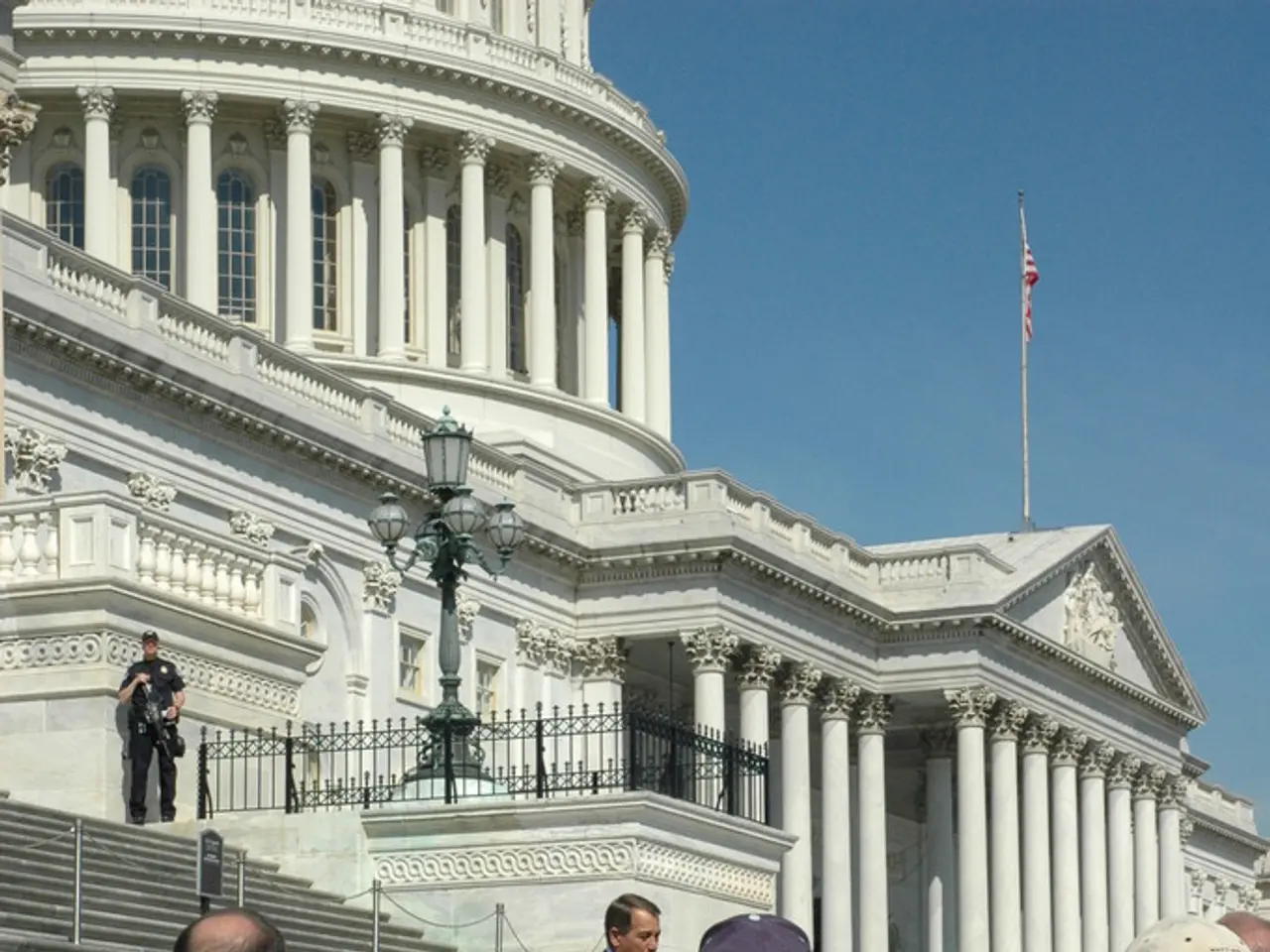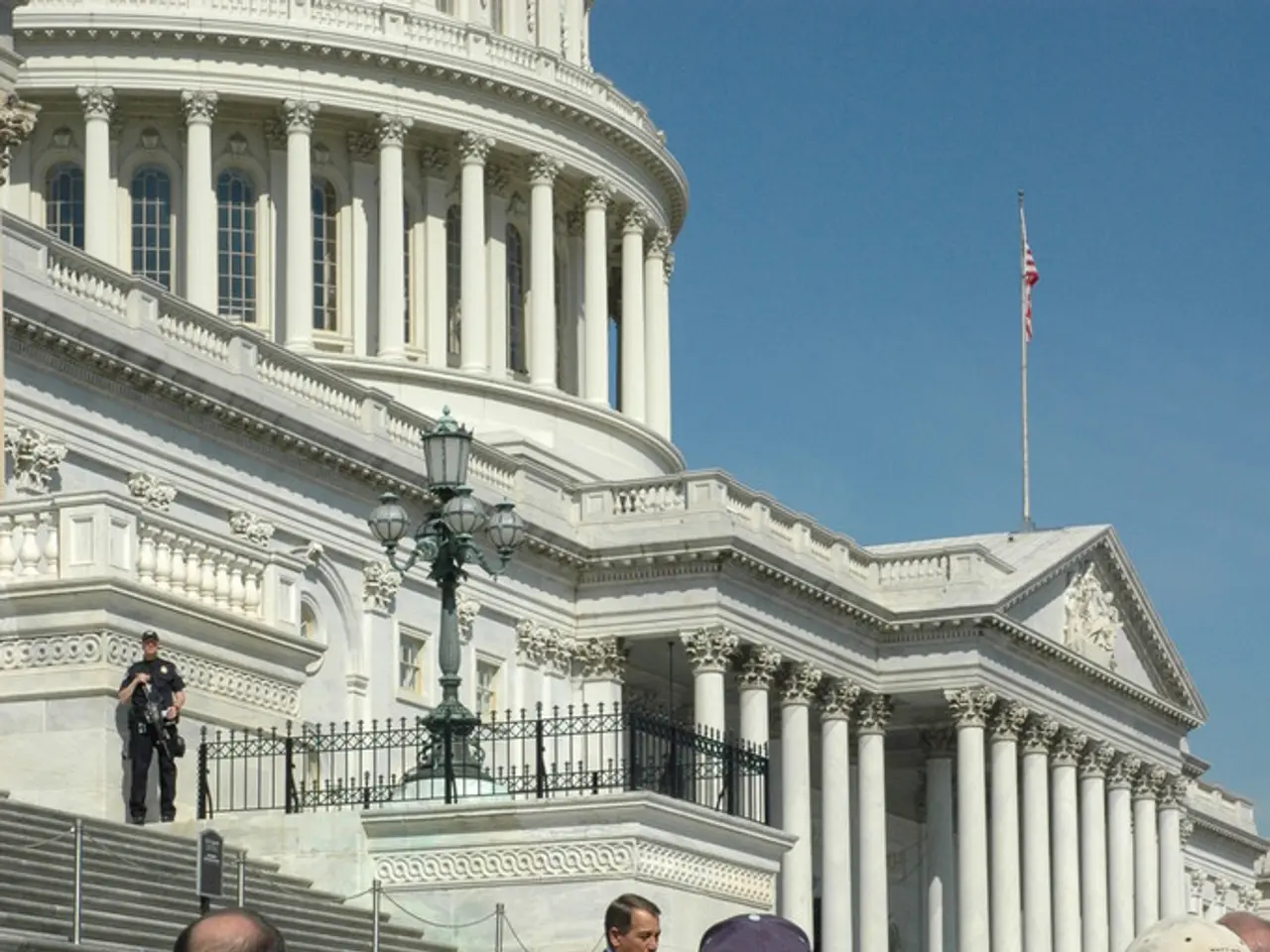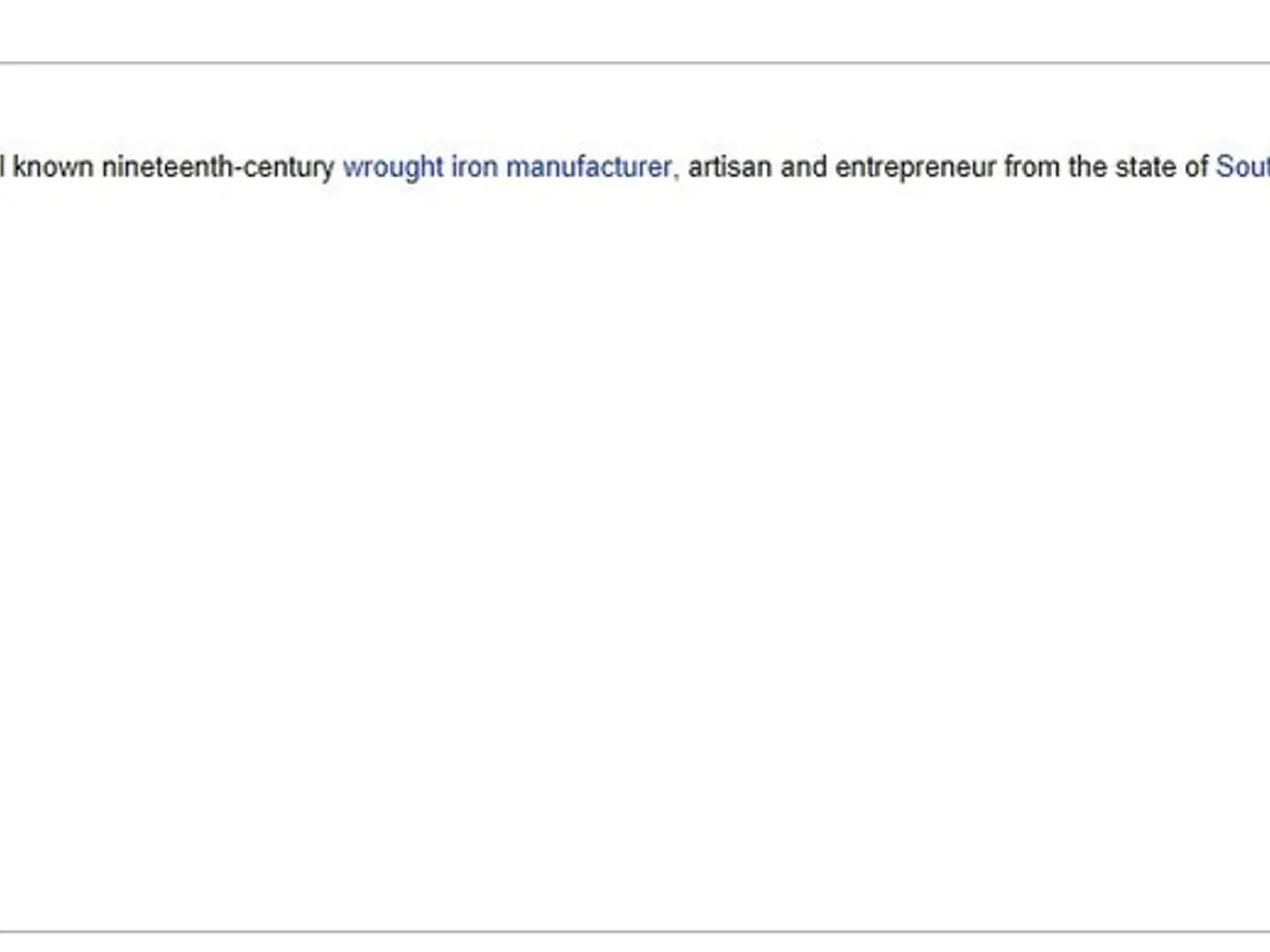India Commits to Safeguarding Farmers Amid Looming Tariff Confrontations
India, a country with a vast agricultural sector and a population of over 1.4 billion people, has maintained a strong stance against the import of genetically modified (GM) crops and dairy products from the United States. This decision is driven by a combination of economic, cultural, and environmental concerns.
The Indian agricultural sector, largely composed of smallholder and landless farmers, especially in the dairy sector, serves as a crucial livelihood buffer during unpredictable monsoons and crop failures. To protect these vulnerable farmers, India has historically excluded agriculture from free trade agreements.
One of India's key goals is the Ethanol Blended Petrol (EBP) programme, which aims to reduce energy imports, support domestic farmers, and use sugarcane and corn for biofuel production. India has invested heavily in new distilleries and farmers have expanded corn cultivation to meet the rising demand for ethanol. Recently, India achieved its goal of a 20% ethanol blend in petrol.
However, the US ethanol imports could potentially disrupt India's EBP programme and its goals of supporting domestic farmers and reducing energy imports. Allowing US ethanol imports could lower local corn prices, potentially angering farmers and undermining the growing distillery sector in India.
The ban on GM crops extends to the commercial cultivation of a high-yielding GM mustard variety developed in India, due to ongoing legal battles and perceived risks to human health and the environment. India is resistant to importing GM corn, soybeans, wheat, and dairy products due to these concerns.
Dairy is a highly sensitive issue in India, as it provides a livelihood for millions of farmers, including many who are landless or smallholders. The difference in scale is particularly noticeable for dairy farmers, with small herds of two or three animals in India compared to hundreds or more in the US. Indian consumers are particularly concerned that cattle in the US are often fed animal by-products, a practice that conflicts with Indian food habits.
Cultural and religious sensitivities also play a significant role in India's stance on US agricultural imports. Dairy imports face resistance because of dietary restrictions and religious practices. India bans milk products from cows fed animal-derived feed, which conflicts with traditional and religious norms. Dairy is used in rituals and is an emotional, cultural red zone.
India's opposition to US agricultural imports is not solely focused on economic protectionism and cultural-religious values. There are also concerns over the long-term impact of GM crops, potential disruptions to local agricultural markets, and broader socio-economic consequences for rural communities.
In the political landscape, the state of Bihar, a major corn-producing state in the east, is holding state assembly elections. Allowing US ethanol imports could turn farmers against the BJP ahead of the election.
The US President, Donald Trump, has imposed a 25% tariff on Indian goods due to prolonged talks over access to India's labour-intensive agricultural sector. The United States is lobbying India to open its markets to a wide range of American products, including dairy, poultry, corn, soybeans, rice, wheat, ethanol, fruits, and nuts.
Despite making up only 16% of India's economy, agriculture is crucial for nearly half of its population. India, in its efforts to protect its farmers, culture, and environment, continues to maintain a firm stance against the import of genetically modified crops and dairy products from the US.
References:
[1] Arora, A. (2020). India's agriculture sector: Challenges and opportunities. The Diplomat. https://thediplomat.com/2020/02/indias-agriculture-sector-challenges-and-opportunities/
[2] Ghosh, P. (2020). India's dairy sector: A cultural and economic juggernaut. The Hindu BusinessLine. https://www.thehindubusinessline.com/news/national/indias-dairy-sector-a-cultural-and-economic-juggernaut/article32658467.ece
[3] Lal, S. (2019). India's GM mustard: The battle rages on. The Wire. https://thewire.in/science/indias-gm-mustard-battle-rages-on
[4] Pant, N. (2020). India's stance on genetically modified crops: A political and cultural analysis. The Indian Express. https://indianexpress.com/article/explained/indias-stance-on-genetically-modified-crops-a-political-and-cultural-analysis-7236967/
- The Indian government, concerned about the potential disruptions to local agriculture markets, cultural sensitivities, and socio-economic consequences for rural communities, remains resolute in its opposition to importing genetically modified (GM) crops and dairy products from the United States, particularly GM corn, soybeans, wheat, and dairy products.
- In the political arena, the ban on US agricultural imports, including ethanol, has become a significant issue in the state of Bihar, a major corn-producing state in the east, as allowing US ethanol imports could turn farmers against the BJP ahead of the elections, threatening to undermine their support in the agricultural heartland.








